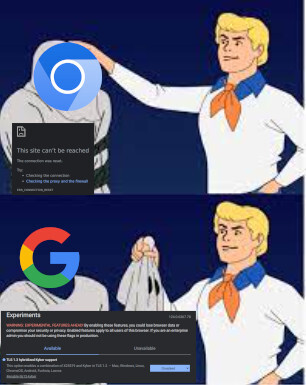Search
Items tagged with: OpenBSD
Heads up for people compiling #OpenBSD -current (as opposed to snapshots), remember to restart sshd after installing, or risk locking yourself out.
#OpenSSH sshd(8) has now been split up into two separate binaries, sshd and sshd-session, with more changes pending.
djm@ modified src/usr.bin/ssh/*: Start the process of splitting sshd into separate binaries. This step splits sshd into a listener and a session binary. More splits are planned.After this changes, the listener binary will validate the configuration, load the hostkeys, listen on port 22 and manage MaxStartups only. All session handling will be performed by a new sshd session binary that the listener fork+execs.
This reduces the listener process to the minimum necessary and sets us up for future work on the sshd-session binary.
feedback/ok markus@ deraadt@
Also only on #OpenBSD, this new sshd-session binary gets relinked on boot, as with sshd.
deraadt@ modified src/usr.bin/ssh/sshd-session/Makefile: construct and install a relink-kit for sshd-session
ok djmderaadt@ modified src/etc/rc: run the sshd-session link kit also
I usually use #Chromium for work, but I've noticed that it's been a pain to load pages since Chromium 124. I found out that it's #Google's "TLS 1.3 hybridized Kyber support" causing the issue since it's enabled by default. I had to go into chrome://flags and disable it, and now everything's working as expected.
I had to test with #Firefox initially to make sure it wasn't my #OpenBSD machine with the issue since the infrastructure change. Good ol' Firefox let me know that wasn't the case; It was Chromium all along.




